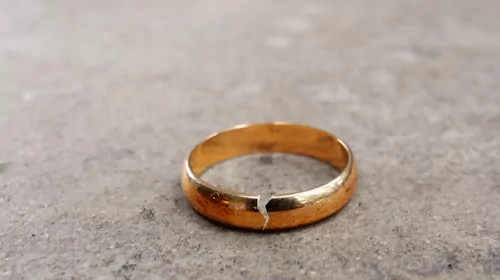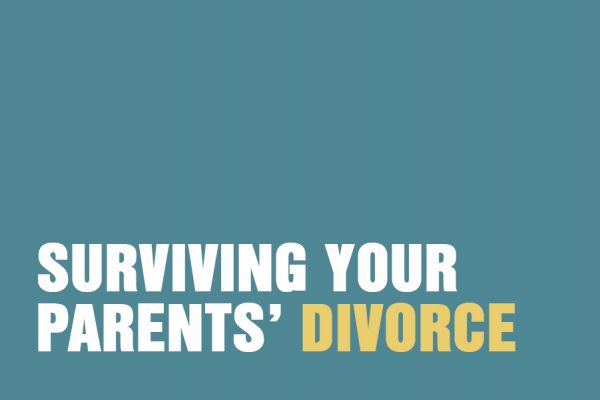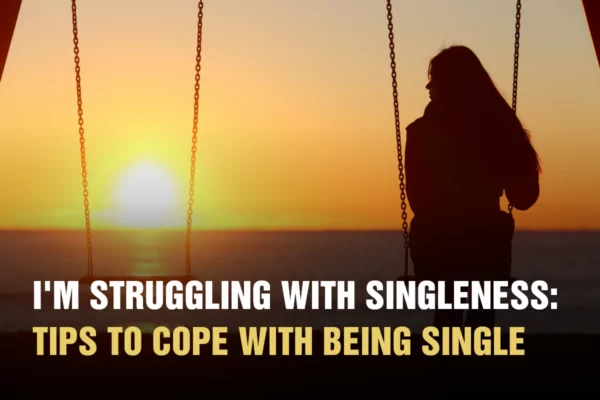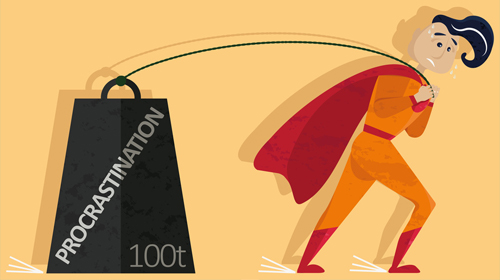Divorce is never an easy option. You didn’t enter a marriage for it to break down and end up in the divorce courts. Your intention was to spend the rest of your life with your ex-spouse and live happily ever after – you didn’t imagine yourself starting all over again several years later because things didn’t work out.
Yet divorce rates remain high, and it’s a big part of everyday life, evidenced by how often we see it in the media – it seems like every week another celebrity couple are announcing their split. There’s even a new US dark comedy, Divorce, that unflinchingly observes the pain of marriage breakdown.
Whatever the reason for a divorce – recent infidelity or something from years ago, relationship boredom, communication breakdown, frequent conflict in daily life, an unhappy family home – sometimes a divorce is the best way forward. In this post, we’ve put together a guide of key dos and don’ts to help you survive divorce and navigate your new life.
The Challenges of Surviving a Divorce
Anyone who has experienced it knows, the divorce process is no picnic – especially when there are children involved. The decision to divorce may have come after months or even years of arguments with your ex–spouse, sulks, broken promises, separate bedrooms, and intense feelings of anxiety or depression. Your household income may have taken a blow and you could be facing an uncertain financial future. The hope with which you entered the marriage may have been replaced with spite, hate and recrimination. You may feel lonely and depleted, wondering how you’ll ever manage to survive divorce.
For many married couples, the effects of a toxic relationship can be damaging to mental wellbeing. You may have tried couples counselling, or attempts to patch things up to save your ‘happy life’. When that fails, it can be demoralising, and have a significantly negative impact on your self-esteem.
Surviving Divorce Strategies: What to Do
Though divorce can be a time of intense worry and pain, there are a few steps you can take to help you get through this difficult period in your life. When so much is up in the air, it’s important to give yourself the best foundation to face the future with your wellbeing intact.
- Take time to feel your emotions
One day it might be anger; the next day, tears. Allow yourself to feel these things. This complex range of emotions are part of the journey to accept your new reality.
- Trust that you will feel better one day
Divorce is like bereavement, and there are stages of grief to work through. This is normal, and you should take the time to mourn the relationship. Bereavement Therapy can support you in understanding the feelings that come with the loss of a relationship. You will feel emotionally healthier if you allow yourself to go through the stages of shock, denial, anger, depression and finally, acceptance.
- Avoid the old bad habits
Resist the urge to start an argument or take revenge. It’s not a healthy way to handle things, so focus on keeping your dignity. Stop living in the bad habits of the past. Both you and your ex-spouse need the space to live separate lives.
- Reconnect with your loved ones
It can be hard to remember how it feels to be appreciated and loved. Take time to meet friends and talk about what happened. What about that best friend you haven’t seen for six months? Reach out to a person who can support you.
- Make way for the new
Clear out old stuff to create space for happier memories. Sorting through clutter and paraphernalia around the house can be a painful but healing experience. This goes for your emotions, too. When you’re ready, start dating, or have coffee with a new person. You’re not limited to one spouse for your whole life, and there are opportunities to meet a new person everywhere. How about learning a language, or joining a yoga class?
- Set new boundaries – and stick to them
How you communicate, or how often you’ve agreed to see the kids, are examples of things you’ll need to negotiate with your ex-spouse. Focus on making your shared decisions a priority. Talk calmly, and agree on how you want each point of contact to happen.
- Get your finances in order
Alimony payments, health insurance, tax implications… divorce can have a huge impact on your financial situation. You may have shared expenses, or worry that your peak earning years are over, and in the wake of divorce some feel a temptation to hide assets. The divorce process itself can turn into a money pit, and you may find that you need financial support. A certified divorce financial analyst can give you help with this.
Avoiding Post-Divorce Trouble: What Not to Do
Divorce takes a big toll and in the weeks, months and years following it, a person’s psychological, emotional and physical health can encounter any number of negative influences or challenges. Arming yourself with knowledge of the typical obstacles that can stand in the way of your recovery will help you prepare to overcome those challenges when they occur.
- Argue in front of the kids
Your children will have been through a lot already. Most kids can sense when something’s not right between their parents, and it can cause severe emotional damage. Try not to descend into squabbles every time you’re dropping-off and picking-up.
- Throw yourself into a new relationship straight away
By all means start dating when you’re ready. Remember though that you can’t leapfrog the process of emotional recovery. It’s perfectly natural to feel lonely, but to survive divorce, you’ll need time to heal. Take your time before you move on. Sometimes forcing yourself into a relationship with a new person can do more harm than good.
- Feel ashamed or embarrassed
Going through a divorce can make you feel like a failure. Both you and your ex-partner had a part to play in the marriage breakdown and what happened. It takes courage to move on rather than stay in a toxic environment. Choosing to accept, let go, survive and move on is something you can be proud of.
- Track your ex on social media
Your ex-spouse may have a new job, a new friend or partner, be going to new places or doing different things. It can be tempting to keep an eye on them but following their every move will only hurt you. Unfriend them from Facebook and unfollow them on Instagram, or you’ll keep dragging yourself back to the bad habits of the past. Instead, focus on getting on with your new life – you’re allowed to make new friends, too.
- Forget about your passions
Take time for all the things you used to love doing: painting, dancing, gardening, knitting – whatever your thing is, find yourself a project to focus on, and don’t focus solely on your job. Cultivating a passion can bring massive emotional support in the weeks and months following a divorce. It will help you move forward, and it can be a great activity to connect with friends or family.
- Suffer alone
There are dedicated and professional counselling services which can provide you with more support after you separate from your spouse. Most people need help with their finances after a divorce, so you shouldn’t feel ashamed to talk about money or assets. Talk to a professional if you’re finding it tough. Talking through your feelings about divorce can help you come to terms with them, as you start to shape your new life.
Feeling the Effects of Getting Divorced? Help is at Hand
Getting divorced has a huge impact on your future. It affects all areas of your life: your friends and family, your kids, the house you live in, your assets, your job. Often you just don’t know what’s going to happen.
If the pressures of divorce are becoming too much, seek professional help. Book an appointment with The Awareness Centre today and speak to one of our therapists to help process painful feelings and get back on track after a divorce.







